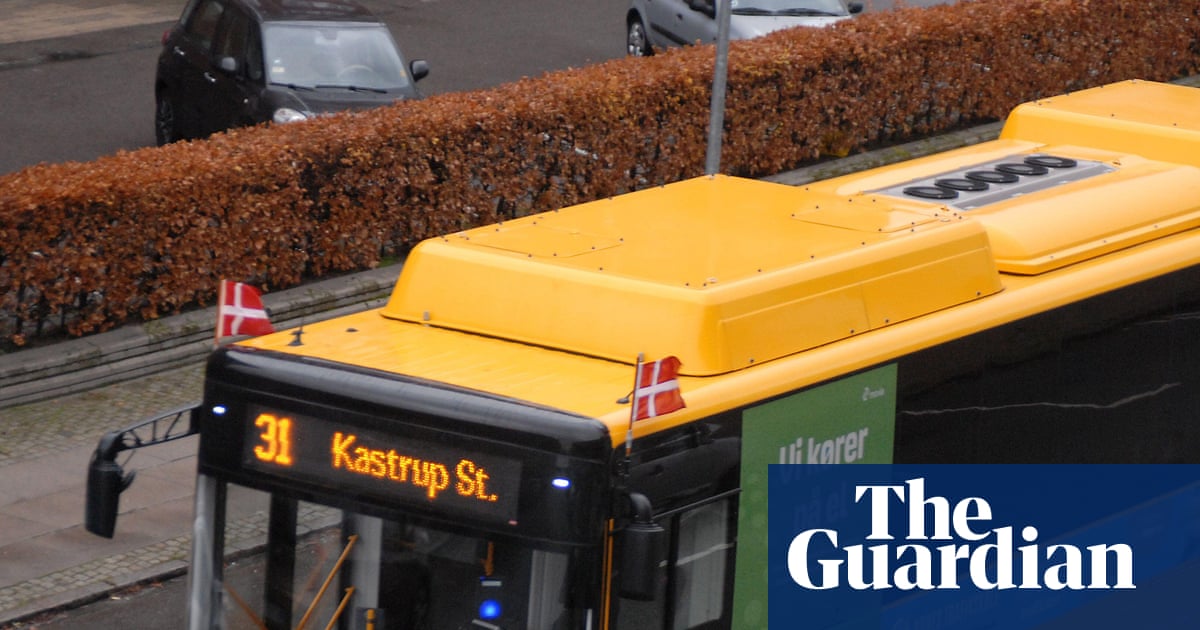- cross-posted to:
- [email protected]
- cross-posted to:
- [email protected]
Authorities in Denmark are urgently studying how to close an apparent security loophole in hundreds of Chinese-made electric buses that enables them to be remotely deactivated.
The investigation comes after transport authorities in Norway, where the Yutong buses are also in service, found that the Chinese supplier had remote access for software updates and diagnostics to the vehicles’ control systems – which could be exploited to affect buses while in transit



Accountable based on what laws? The real issue is that these things are perfectly legal regardless of who does it and that there is also almost no way to hold a supplier accountable for software security breaches (besides the fact that it is too late then anyways).
On the laws we have in European democracies that can be changed and adapted as needed (unlike in China, where this can’t be done).
Ok so you agree that there is a need to make laws here in Europe about it and subject any supplier to them regardless of where their HQ is located? No need to answer that 😅
In principle I’d agree, but I have a nitpick: The laws must say that those that built infrastructure must be European countries with their HQ in Europe (not foreign-owned subsidiaries with European HQ).
That would be likely incompatible with WTO agreements and usually leads to local quasi monopolists charging absurd prices to government run service providers. And it wouldn’t solve the likely issue of European companies buying the needed software and hardware from abroad anyway.
Do you have anything that fosters your statements?
That aside, China has been doing exactly that for decades, and this practice has intensified in recent years and even months.
Europe isn’t China. It would be pointless to turn Europe into a quasi-China to prevent Chinese influence on Europe. Just like it is pointless to create European tech giants as a counter to US American ones.
What does that mean? And what has it to do with the linked report and what I said? This makes no sense.
China has a bunch of government aligned quasi-monopolists that try to expand into the European market. What you are suggesting is basically the same model, just with European ones, which is at most marginally better and will likely be much worse (I am old enough to remember when this was still a common model in western Europe, and it sucked big time).